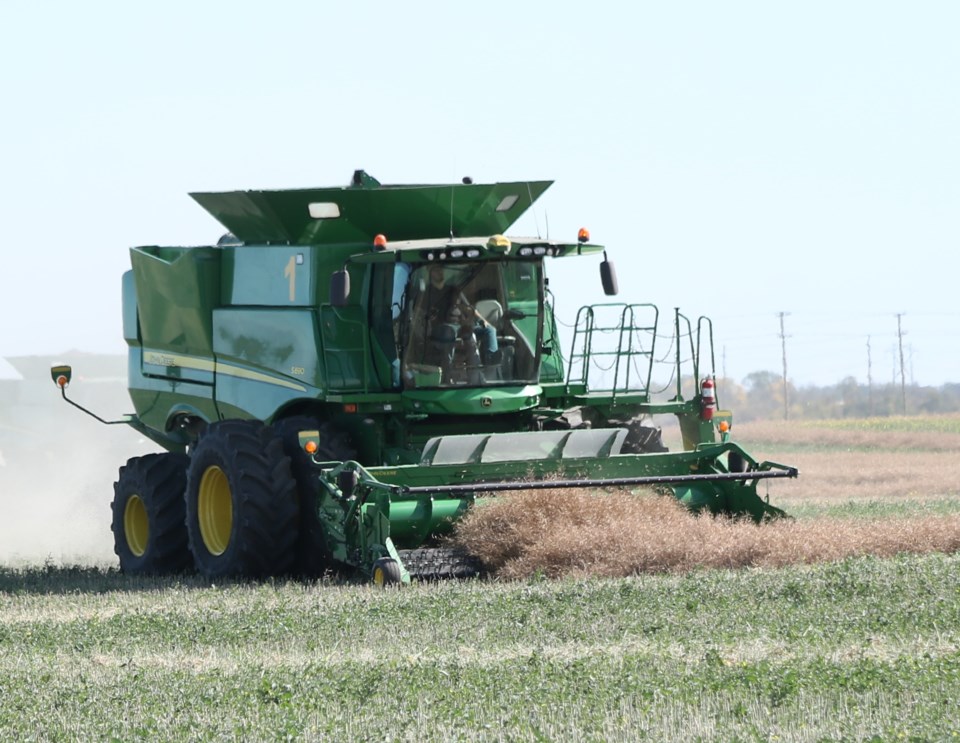YORKTON - Is climate change real, or imagined?
The answer is most assuredly yes.
Of course the reality is that the earth’s climate is in constant flux ranging from ice ages to the drought of the 1930s across most of North America.
The question that is far less easily answered is if current change is being pushed by what we as humans are doing, or is it just the normal flux of things?
Either way we are seeing some big shifts in weather.
Here in Saskatchewan we have seen some of the heaviest rains ever in the last decade or so, to the point we hear it suggested they are one-in-100 year events, or worse.
On the opposite end of the spectrum are severe droughts, which have threatened water supplies across the world, from California and now Europe.
The situation in Europe is of course concerning, with suggestions by a European Union agency that they are facing the worst drought in at least 500 years, “with two-thirds of the continent in a state of alert or warning, reducing inland shipping, electricity production and the yields of certain crops,” according to the Reuters News Service.
What makes the extremes today so worrisome is the populations which can be impacted.
A drought in California could leave millions with a threatened water source. It’s difficult to imagine how a sustained drought which actually made water at the taps of Los Angeles homes dry up would be dealt with.
We sometimes forget just how devastating an extended drought can be.
It can reduce water resources which is of course rather obvious, but in that it can, as noted by the EU report impact electricity production.
And, of course there is a loss of food production.
While we might assume it’s just a matter of importing food from a non-drought region, COVID should have shown us that access to food from afar is not always as assured as we have thought in the past.
So while the drought in Europe today might be a once in 500-year event, its impact might be worse because so many more are potentially impacted.
We might be better positioned to deal with the impact, access to imported food, and better technologies at our fingertips, but Mother Nature can still change things all too quickly.
And, if we believe it’s human actions which are speeding up the occurrence of weather extremes, then we need to work on how best to curb those impacts.

